Search titles
Displaying results 281 to 290 of 558.

Information Systems Foundations: Theory Building in Information Systems »
Edited by: Dennis N. Hart, Shirley Gregor
Publication date: October 2012
This volume presents the papers from the fifth biennial Information Systems Foundations Workshop, held at The Australian National University in Canberra from 30 September to 1 October 2010. The focus of the workshop was, as for the others in the series, the foundations of information systems as an academic discipline. The emphasis in the 2010 workshop was on theory building in information systems, which is a non-trivial and difficult issue because the field deals with such a wide range of phenomena, from the highly technological in nature to the distinctly human and organisational in focus. The theory building problem stems from the fact that the sciences that underlie and deal with technologically-oriented fields generally result in theories that fit within the ‘covering law’ model—that is, are assumed and believed to have universal applicability and explanatory and predictive power—whereas, by contrast, theories in the human sciences are generally much more conditional, contextual, tentative and open to exceptions. Successfully marrying the two is, not surprisingly, a challenge that the chapters in this volume explore.
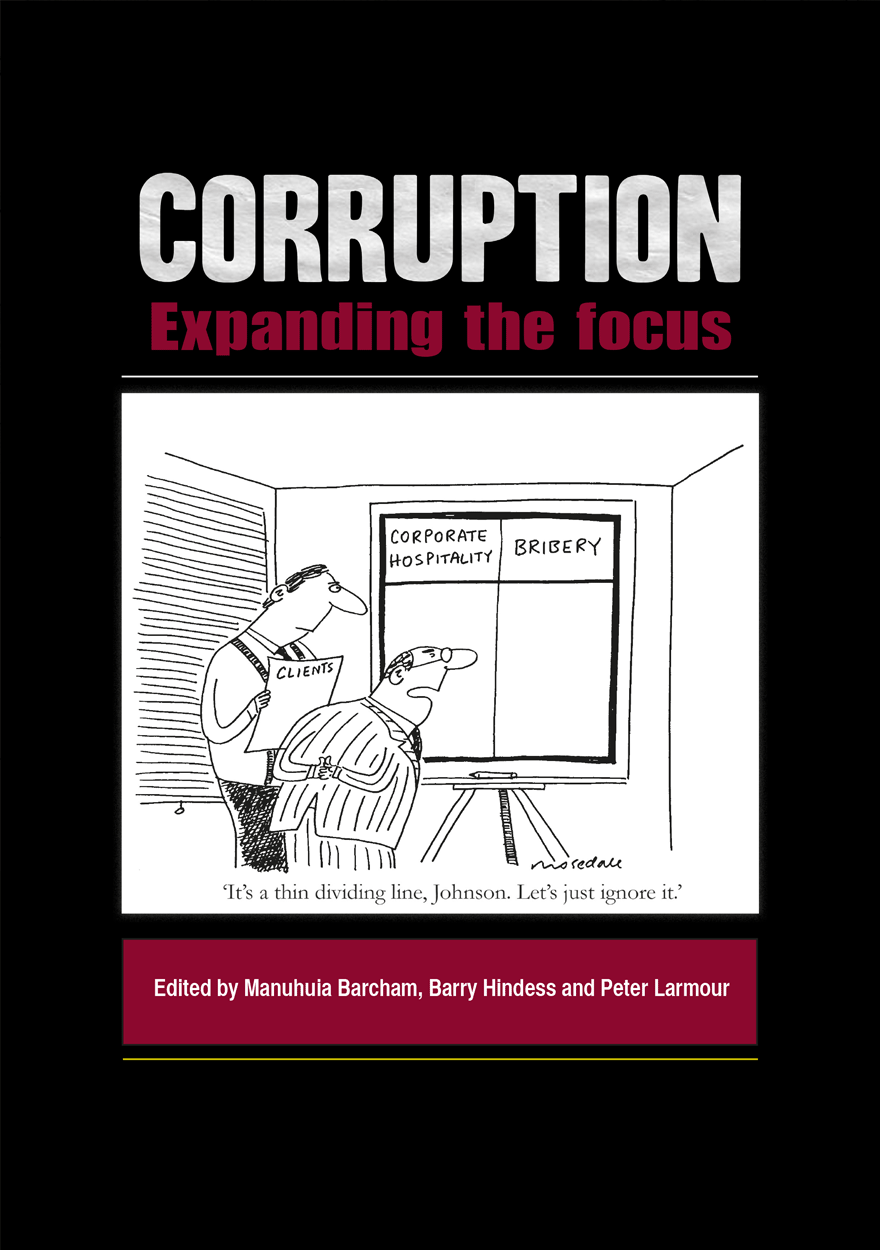
Corruption »
Expanding the Focus
Edited by: Manuhuia Barcham, Barry Hindess, Peter Larmour
Publication date: September 2012
Recent years have seen an unprecedented rise in interest in the topic of corruption, resulting in a rising demand for suitable teaching materials. This edited collection brings together two different approaches to the study of corruption — the first represented by a large, practically-oriented literature devoted to identifying the causes of corruption, assessing its incidence and working out how to bring it under control; the second by a smaller collection of critical literature in political theory and intellectual history that addresses conceptual and historical issues concerned with how corruption should be, and how it has been, understood — and uses the second to reflect on the first.
This collection will be of interest to post-graduate students in political science, law, sociology, public policy and development studies, to senior public servants, and to professionals working in multilateral agencies, NGOs and the media.
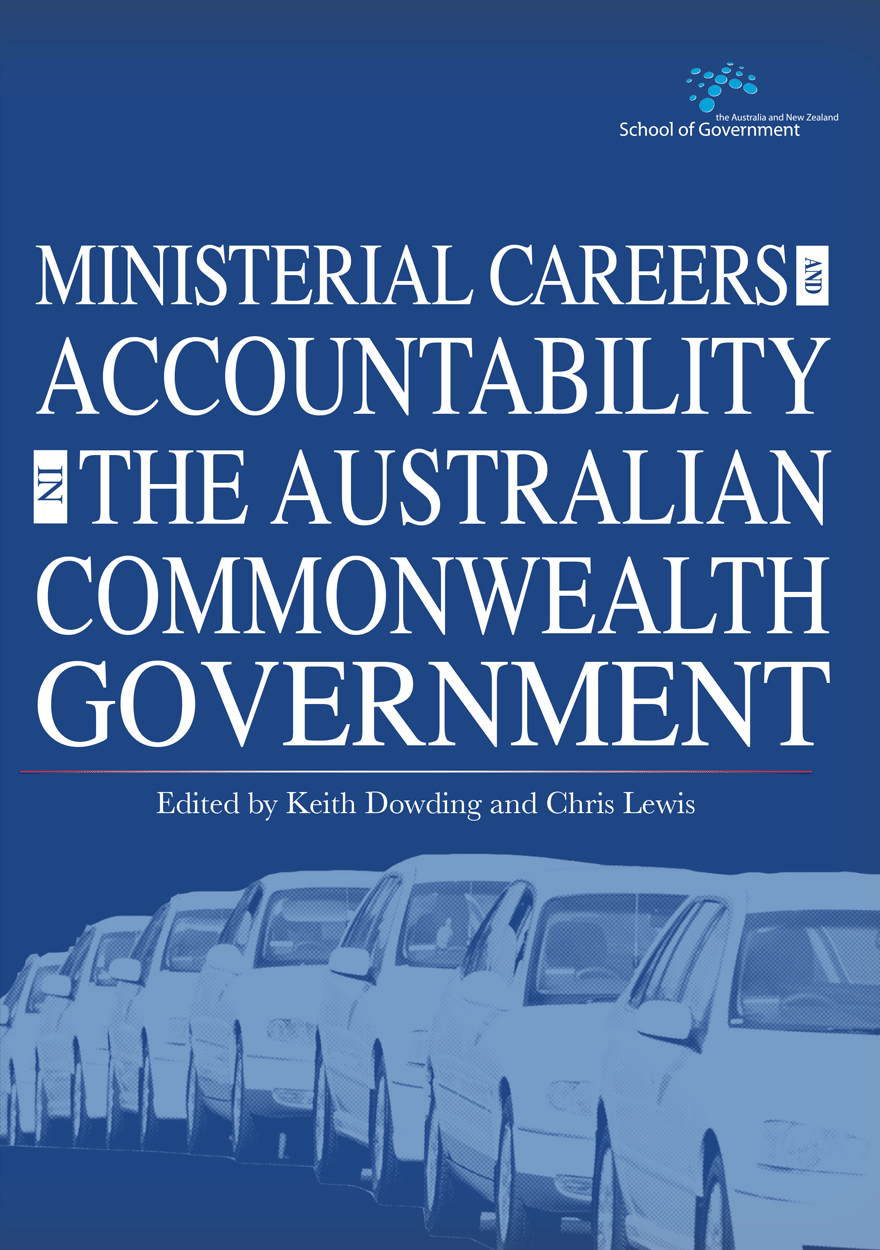
Ministerial Careers and Accountability in the Australian Commonwealth Government »
Edited by: Keith Dowding, Chris Lewis
Publication date: September 2012
This book examines the roles, responsibilities and accountabilities of Australian cabinet ministers. It examines the sorts of jobs ministers do, what is expected of them, what they expect of the job and how they (are supposed to) work together as a team. It considers aspects of how they are chosen to become ministers; how they are scrutinised by parliament and the media; and how ministers themselves view accountability. It also looks at the causes of calls for ministers to resign, examines scandals around ministers and assesses ministerial accountability.

Past Law, Present Histories »
Edited by: Diane Kirkby
Publication date: September 2012
This collection brings methods and questions from humanities, law and social sciences disciplines to examine different instances of lawmaking. Contributors explore the problematic of past law in present historical analysis across indigenous Australia and New Zealand, from post-Franco Spain to current international law and maritime regulation, from settler colonial humanitarian debates to efforts to end cruelty to children and animals. They highlight problems both national and international in their implication. From different disciplines and theoretical positions, they illustrate the diverse and complex study of law’s history.
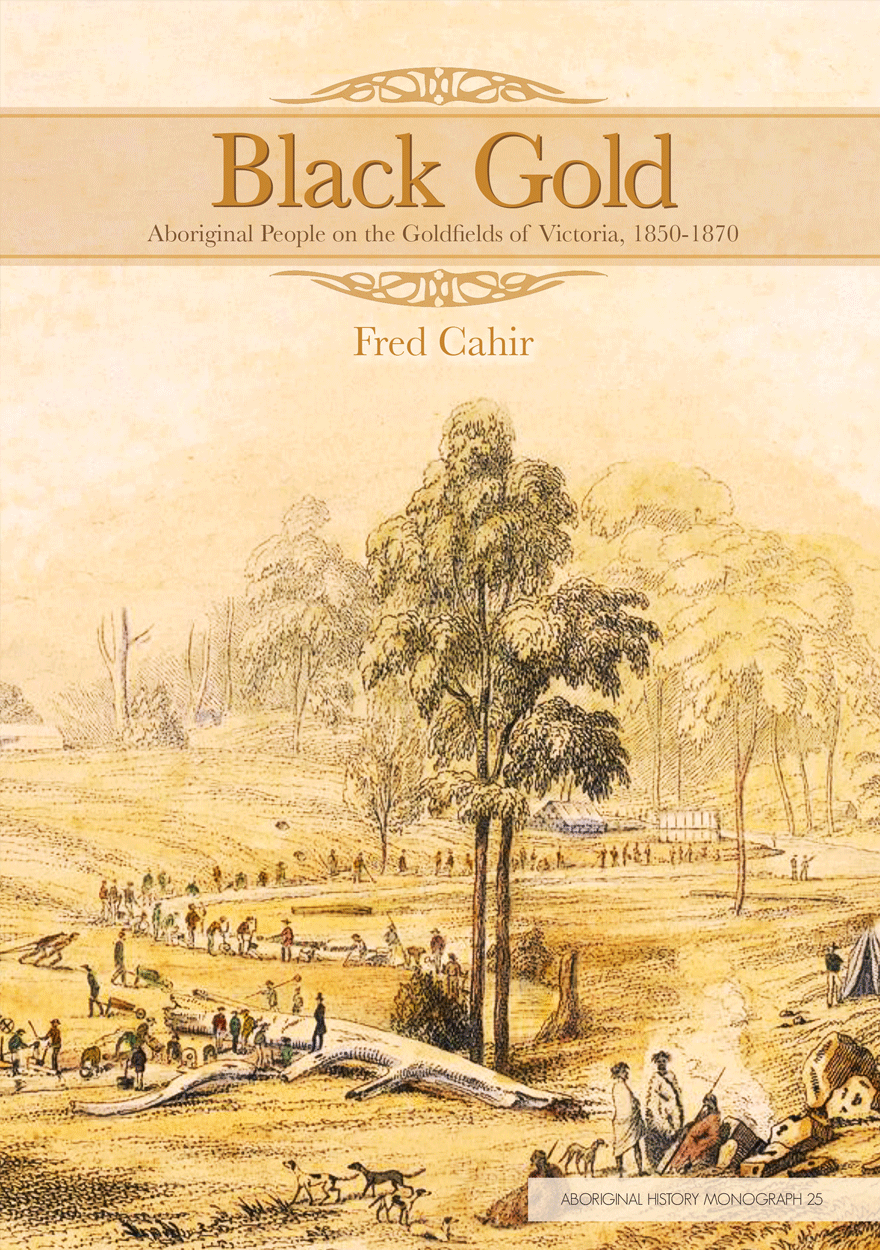
Black Gold »
Aboriginal People on the Goldfields of Victoria, 1850-1870
Authored by: Fred Cahir
Publication date: September 2012
Fred Cahir tells the story about the magnitude of Aboriginal involvement on the Victorian goldfields in the middle of the nineteenth century.
The first history of Aboriginal–white interaction on the Victorian goldfields, Black Gold offers new insights on one of the great epochs in Australian and world history—the gold story.
In vivid detail it describes how Aboriginal people often figured significantly in the search for gold and documents the devastating social impact of gold mining on Victorian Aboriginal communities. It reveals the complexity of their involvement from passive presence, to active discovery, to shunning the goldfields.
This detailed examination of Aboriginal people on the goldfields of Victoria provides striking evidence which demonstrates that Aboriginal people participated in gold mining and interacted with non-Aboriginal people in a range of hitherto neglected ways.
Running through this book are themes of Aboriginal empowerment, identity, integration, resistance, social disruption and communication.
For more information on Aboriginal History Inc. please visit aboriginalhistory.org.au.

Australian Humanities Review: Issue 52, 2012 »
Edited by: Monique Rooney, Russell Smith
Publication date: September 2012
Australian Humanities Review is a peer-reviewed interdisciplinary journal featuring articles, essays and reviews focusing on a wide array of topics related to literature, culture, history and politics.
Download for free
Not available for purchase
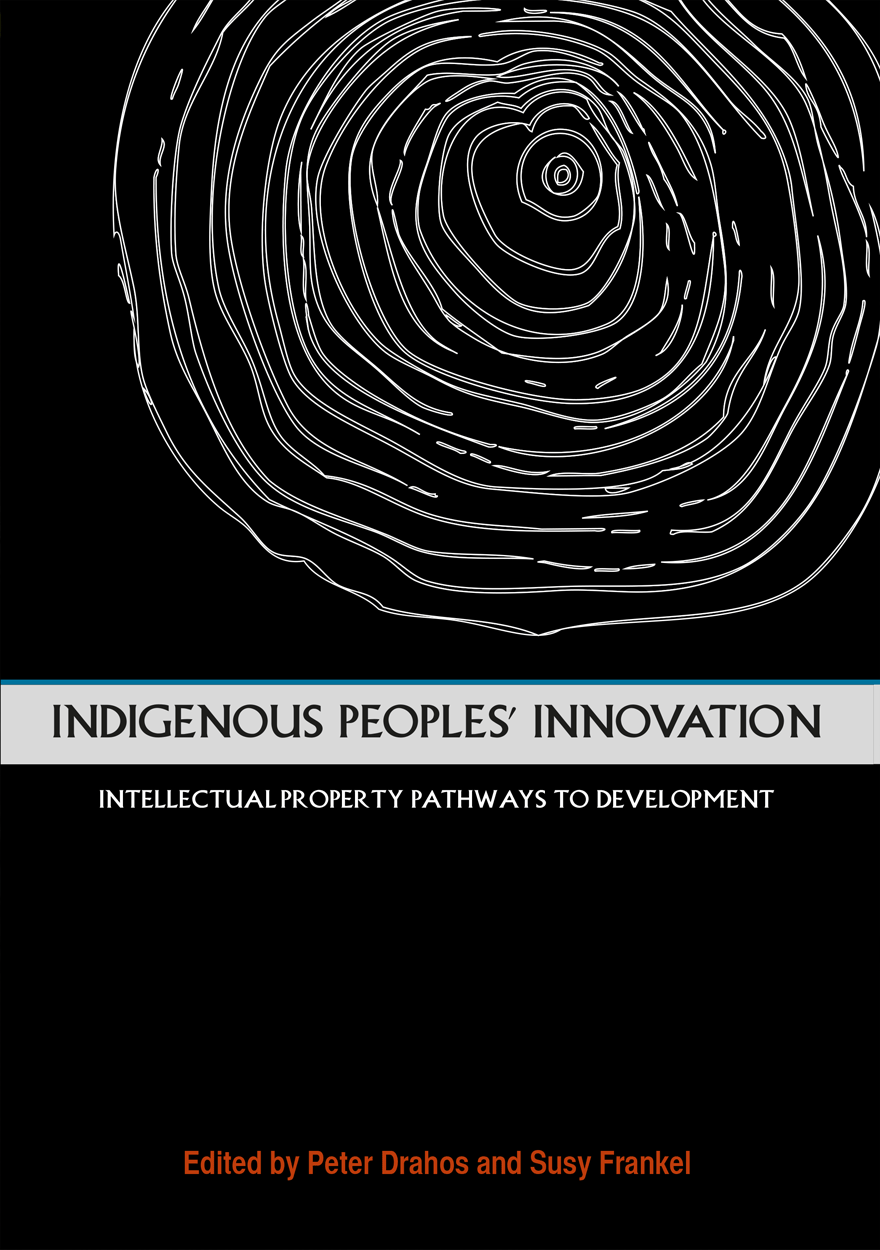
Indigenous Peoples' Innovation »
Intellectual Property Pathways to Development
Edited by: Peter Drahos, Susy Frankel
Publication date: August 2012
Traditional knowledge systems are also innovation systems. This book analyses the relationship between intellectual property and indigenous innovation. The contributors come from different disciplinary backgrounds including law, ethnobotany and science. Drawing on examples from Australia, New Zealand and the Pacific Islands, each of the contributors explores the possibilities and limits of intellectual property when it comes to supporting innovation by indigenous people.

Shaping a Nation »
A Geology of Australia
Edited by: Richard Blewett
Publication date: August 2012
Shaping a Nation: A Geology of Australia is the story of a continent’s geological evolution as seen through the lens of human impacts. Exploring the geology, resources and landscapes of Australia, the book reveals how these have helped to shape this nation’s society, environment and wealth. Presented in a refreshingly non-linear format, the book summarises much of what we know about this country’s geological history, discussing the fossil record and evolution of life across the continent, describing its mineral and energy reserves, and revealing the significance of its coastal and groundwater systems.
The book also explores some of the challenges and opportunities presented by Australia’s rich geological heritage, and outlines the issues they present in Australian society today. Based on much of the latest science, the book reveals Australia’s expertise in the geosciences and reinforces the vital role they play in informing its present and future development.
In presenting the latest geoscientific knowledge, Shaping a Nation is vividly illustrated by technical drawings and figures and accompanied by stunning photography that reveals the extraordinary beauty of Australia’s geology and landscapes. For the avid reader, an accompanying DVD hosts extensive appendices, including supplementary reading and reference material, maps, movies and an interactive 3D model showcasing many geoscience datasets.
Note for viewing ebook: Because of the large size of the ePub, right-click on the link in the Media Download page and first save it to your computer. Then transfer it to your e-reader device. The ePub is suitable for viewing on iPad and Android devices.
Printed copies are available for $70.00 AUD incl GST (plus shipping) through Geoscience Australia.
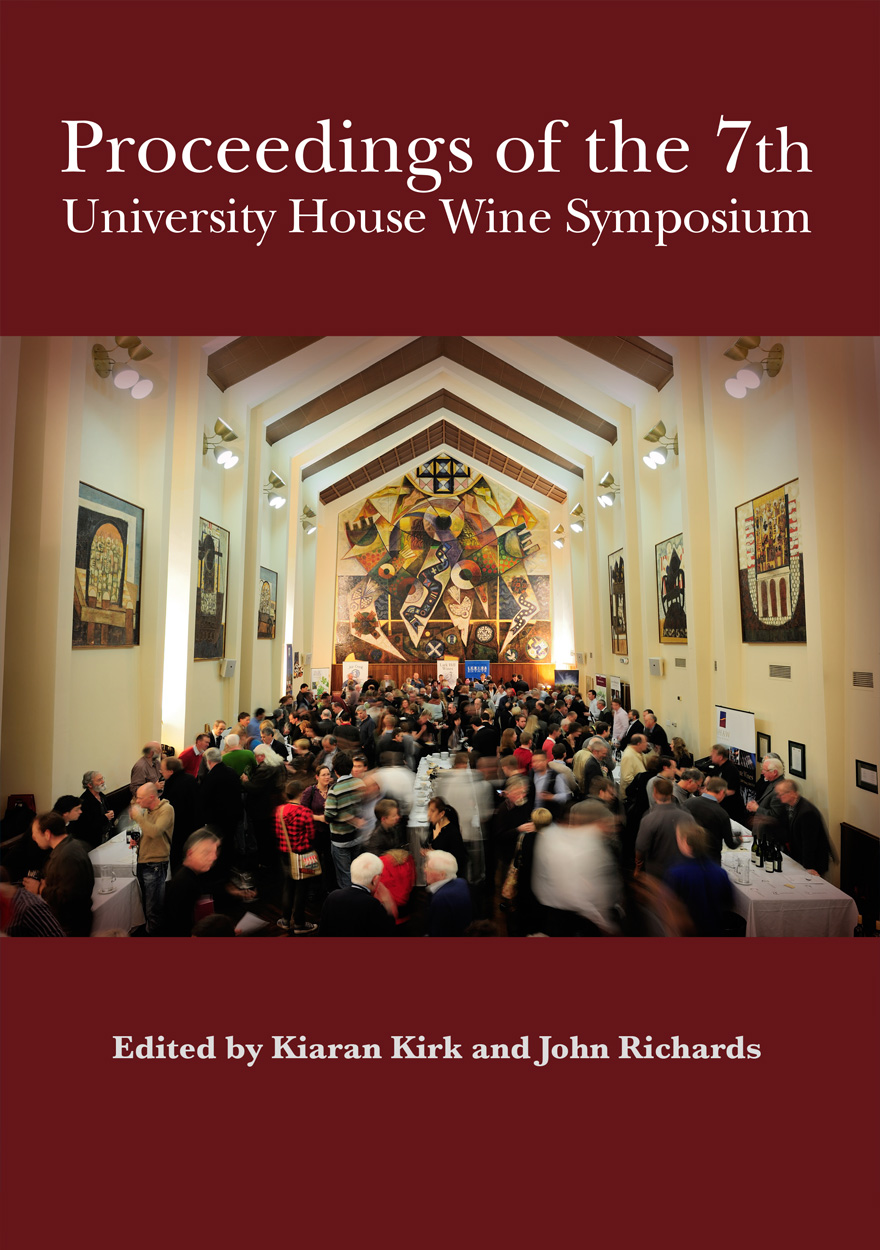
Proceedings of the 7th University House Wine Symposium »
Edited by: Kiaran Kirk, John Richards
Publication date: August 2012
Even before University House was opened in 1954, a House Wine Committee had been formed, leading to the 1st University House Wine Symposium, held in 1956. These proceedings record the 7th University House Wine Symposium, held in 2011 to commemorate the 40-year anniversary of the first plantings that have led to the internationally acclaimed wines of the Canberra District Wine Region.

Learning Spaces »
Youth, Literacy and New Media in Remote Indigenous Australia
Authored by: Inge Kral, Robert G. Schwab
Publication date: August 2012
'This work offers us the rare opportunity to step inside innovative uses of technologies, mergers of global technologies into local knowledge, and community advocacy of local history and ideology…The young people who move through these pages are motivated and proud of having had the opportunities that make possible their linking together of historical knowledge and contemporary means of communication and performance. The means illustrated here have enabled them to develop skills that will help them move into the future as adults engaged with the health and life of their own communities, connected to their language and culture as their way of being in the world of the local so as to know the world of the global.'
Professor Shirley Brice Heath
Stanford University, USA



